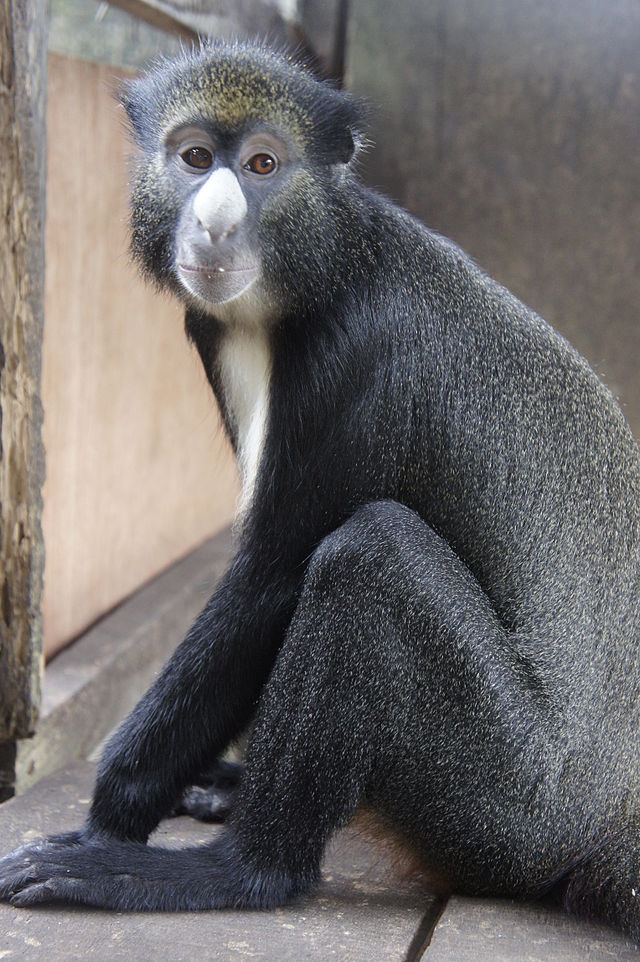Science of Magic
Magic tricks can reveal how the brain perceives the world.
Brain Capacity
A listener asks: how many gigabytes could the human brain hold?
Podcast
OUT TO SEA: What fish can tell us about human speech. An unwanted underwater invader hits the waters off Florida, and unusual albatross partnerships.
Podcast
MIND & BODY: The science of magic, the hormone behind the mind-body connection and the brain chemical that could be responsible for sudden infant death syndrome (SIDS).
Sprinters’ Advantage
An Olympic sprinter's proximity to the starter's gun could influence the outcome of a race.
SIDS & Serotonin
Irregular brain chemistry may make some babies more prone to SIDS.
Podcast
GENES AND GENETICS: Are the building blocks of life from outer space? Resurrecting genes of the extinct Tasmanian Tiger, and an evolutionary explanation for homosexuality.
Sex and Pizza Roundup
A compound found in oregano could be good for your heart.
Podcast
YEAR OF THE FROG - Special Extended Podcast: Zoos and aquariums tackle the amphibian extinction crisis, an amphibian missing link is found, toad tongues and frog claws, and more.
Rhesus Monkey Roundup
The rhesus monkey pecking order reveals a link between stress and calorie intake.
Podcast
ANIMAL MODELS: Rhesus monkey social relationships reveal a link between stress and overeating, what the platypus genome can tell us about being a mammal, how an antidepressant restores vision in rats, negligent mother mice have abnormal brain chemistry, and fruit flies uncover secrets of aging and pain.
Antidepressants & Vision
The antidepressant fluoxetine (Prozac) shows promise in correcting a vision problem.
Negligent Mice
Mice that neglect their offspring have a neuro-chemical disruption in their brains.
Platypus Genome
Scientists have sequenced the genome of the duck-billed platypus, a gold mine for genetic research.
Sensing Calories
Our brains may get pleasure from high-calorie foods that has nothing to do with taste.
Unique Genes
We inherited most of our genes from our evolutionary ancestors. But a small percentage of genes only occur in humans. Scientists are just starting to find out how they make us who we are.
Monkey Alarms
Some monkeys combine their alarm calls to create an entirely new meaning.
Brainwaves & Schizophrenia
Mental illness alters brainwaves during neural processing.
Brain Geometry
When we hallucinate, what we see may actually be the architecture of our own brains.


